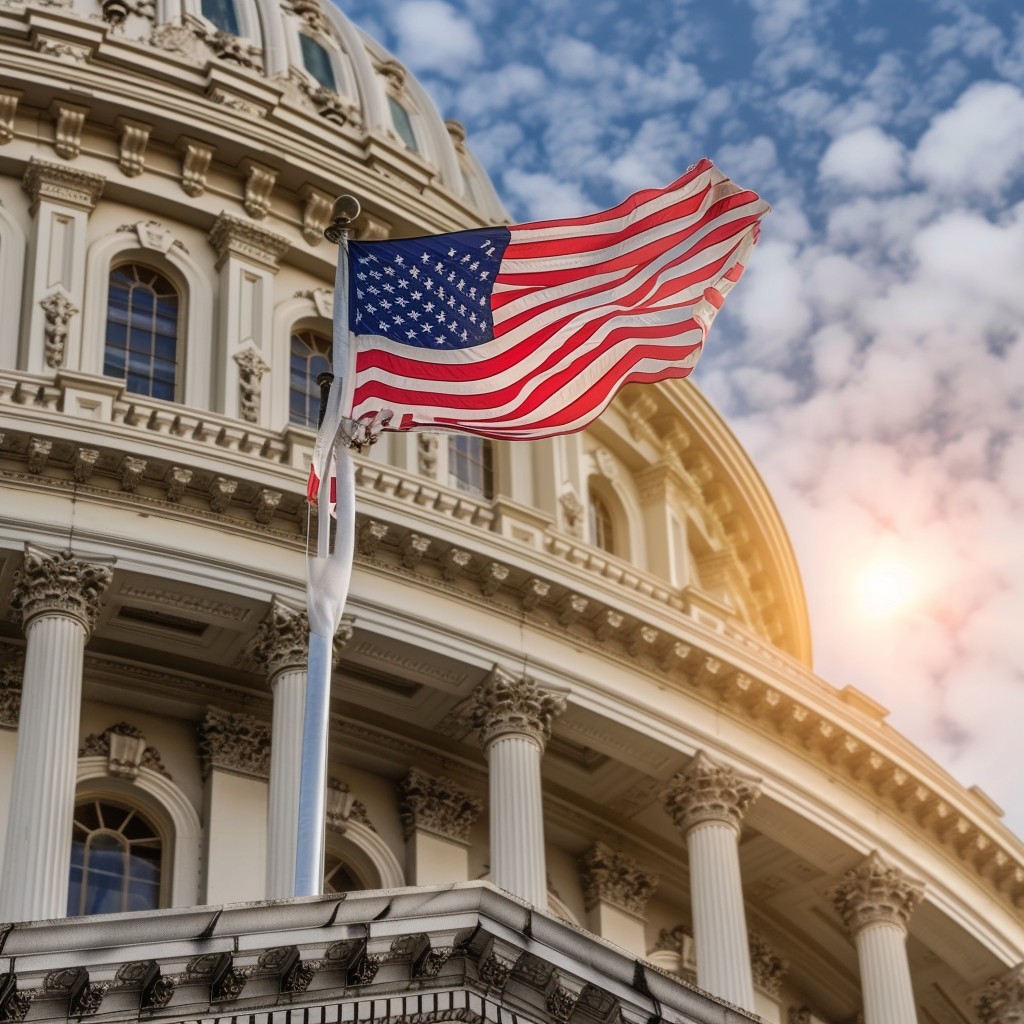Members of the United States Congress have initiated actions to challenge the U.S. Securities and Exchange Commission’s (SEC) Staff Accounting Bulletin No. 121 (SAB 121).
Congressional challenge to SEC’s SAB 121
Sen. Cynthia Lummis (R-Wyo.), along with Reps. Wiley Nickel (D-N.C.) and Mike Flood (R-Neb.) introduced resolutions in both the Senate and House of Representatives aimed at formally disapproving SAB 121. Their objection centers on the bulletin’s stipulation that companies holding their customer’s cryptocurrency assets must reflect these on the company’s balance sheet. This requirement, critics argue, could impose stringent capital holding demands on banks and other financial institutions engaging in cryptocurrency custody, thereby hampering these entities’ operational flexibility and growth within the digital asset space.
The legislative move to counteract SAB 121 emerges from concerns over the SEC’s process in issuing the bulletin. Critics, including Rep. Flood, argue that the SEC bypassed critical regulatory protocols, such as consulting with prudential regulators and engaging in the notice-and-comment process that is typically requisite for introducing new policy measures. This oversight, they contend, represents a regulatory overreach that necessitates congressional intervention to maintain a balanced oversight framework for the burgeoning cryptocurrency market.
The role of congress in cryptocurrency regulation
The actions taken by Sen. Lummis, Rep. Nickel, and Rep. Flood highlight the essential role of Congress in serving as a regulatory check, especially in instances where federal agencies may exceed their remits. By leveraging the Congressional Review Act, these lawmakers aim to repeal the contentious bulletin, arguing that its introduction without adequate legislative scrutiny and industry consultation undermines both the regulatory clarity and operational viability of firms within the crypto sector.
Impact on the digital assets sector
The controversy surrounding SAB 121 and the ensuing congressional challenge reflect broader debates on the appropriate regulatory framework for digital assets. The outcome of this legislative challenge could set a precedent for how future regulations are crafted and implemented, potentially influencing the operational landscape for companies engaged in the custody and management of cryptocurrency assets.
In conclusion, the attempt by Congress to nullify the SEC’s SAB 121 underscores the dynamic and often contentious relationship between regulatory bodies and the digital assets industry. As the debate unfolds, it will be crucial to monitor the implications for regulatory practices, market stability, and the broader trajectory of cryptocurrency adoption and integration into the financial mainstream.
A Step-By-Step System To Launching Your Web3 Career and Landing High-Paying Crypto Jobs in 90 Days.
